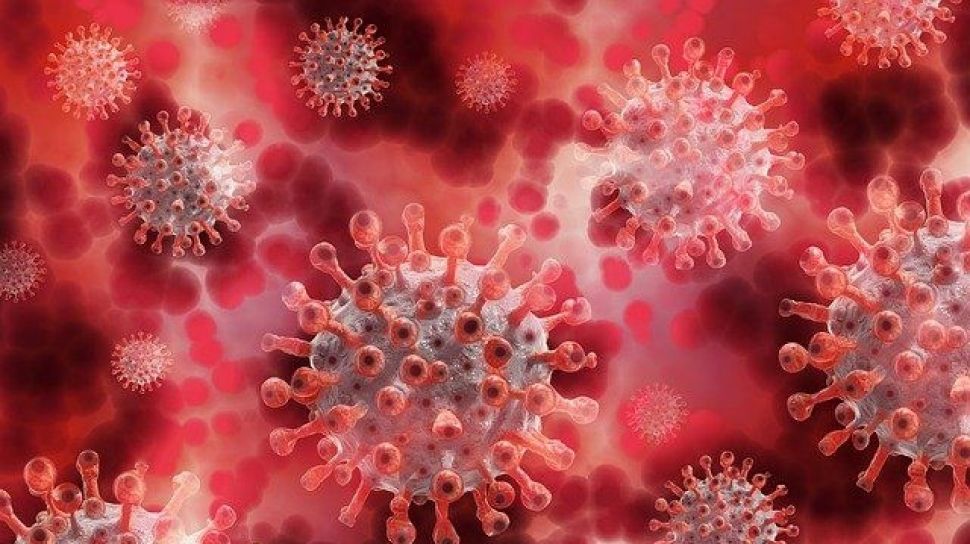Suara.com – The variant of the corona virus that was first detected in south Africa can be more contagious than other mutations. Not only that, the mutation may be potentially vaccine-resistant, according to a report.
According to the NY Post, variant C.1.2 has been associated with “increased transmission” and is said to have mutated the most from the original virus.
The strain has a mutation rate of about 41.8 mutations per year, nearly double the global mutation rate seen in other variants of concern, according to experts at South Africa’s National Institute for Infectious Diseases and the KwaZulu-Natal Research Innovation and Sequencing Platform.
The number of C.1.2 genomes in South Africa has increased from 0.2 percent in May to 1.6 percent in June and 2 percent in July, according to scientists. They have also found 14 mutations in nearly 50 percent of the variants that have the C. 1.2 sequence.
Also Read:
Moeldoko Wants People to Stop Complaining, Why?
The C.1.2 strain has also been found in the UK, China, Democratic Republic of the Congo, Mauritius, New Zealand, Portugal and Switzerland.
The new South African variant was able to evade antibodies and the immune system, the researchers said, noting that additional research is needed.
“We describe and characterize a newly identified SARS-CoV-2 lineage with multiple spike mutations that likely appeared in a major metropolitan area in South Africa after the first wave of the epidemic, and then spread to multiple locations over two times. neighboring provinces,” the researchers wrote in a report published in the journal Nature.
“We show that this lineage has rapidly developed and become dominant in the three provinces, at the same time there is a rapid resurgence of infection,” they added.
B.1.351, another South African strain discovered in April, has the potential to “break through” the Pfizer vaccine, scientists have found.
Also Read:
Airlangga Claims Covid-19 Cases Outside Java and Bali Have Dropped
“We found a disproportionately higher rate of the South African variant among people vaccinated with the second dose, compared to the unvaccinated group,” said professor Adi Stern of Tel Aviv University in Israel, the Mirror reported. “This means that the South African variant is capable, to some extent, of breaching vaccine protection.”
– .

/i/2000820476.png?f=fpa)
